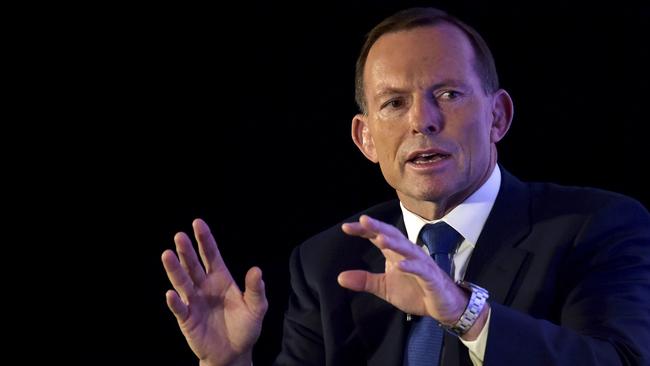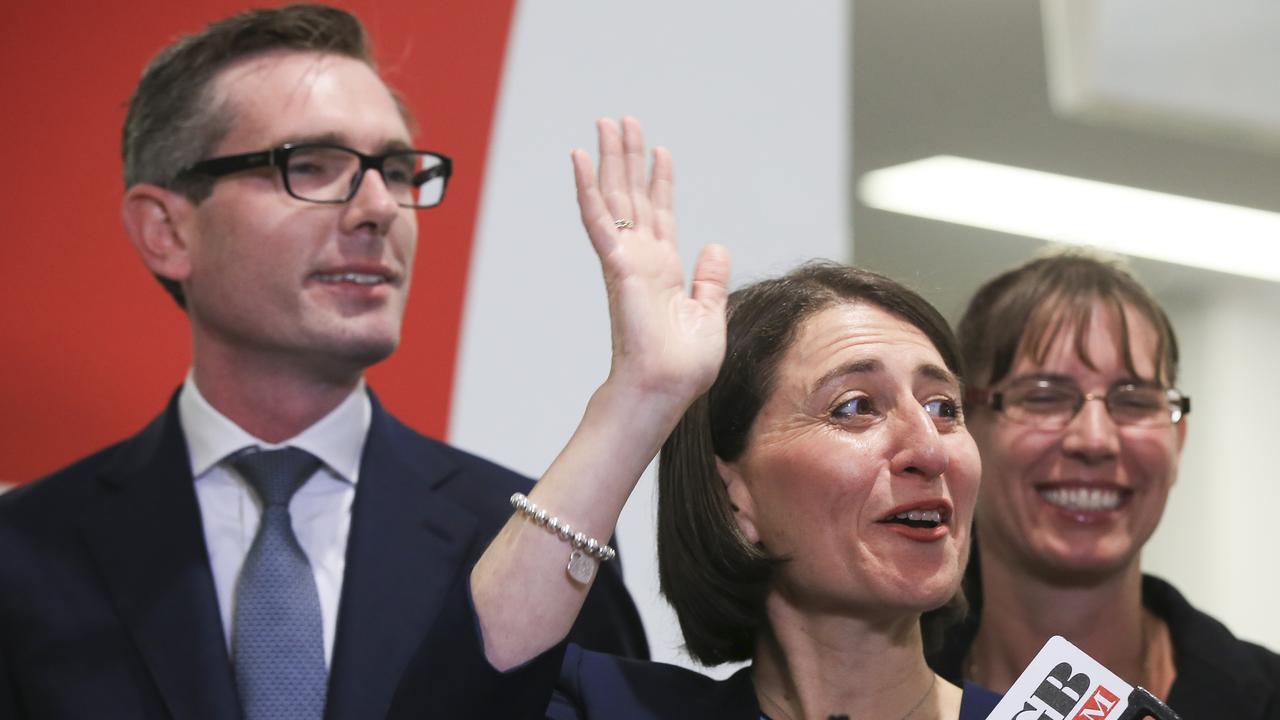
Lamenting the quality of public discussion about Islamist extremism in this column last week, I suggested we needed to foster a greater understanding of this wicked ideology as well as harness the strengths of our own pluralist civilisation to defeat it.
Judging by the response, many are frustrated by the shallowness and self-censorship in the debate — what I’ve dubbed jihad denialism. Patronising politicians effectively tell the public they are not to be trusted with a conversation about these issues — just say after me, “Islam is a religion of peace”, and all will be well.
Islamist extremists kill innocent people but apparently we shouldn’t talk about the motivating factors lest it divide us, which is exactly what the terrorists want. This has the logic of the witch trials of old. If we treat the public with such contempt and hold the terrorists in such awe, we may as well surrender. In this age of public confessions, reality television, social engineering and community awareness campaigns for everything from depression to domestic violence, Islamist extremism is the only scourge we are urged to meet with silence.
Yet this week we have seen the debate escalate to prominence. There was much that showed a lack of maturity but some progress was made. In response to the San Bernardino massacre Barack Obama addressed his nation from the Oval Office and confronted the threat whose name he has too often not dared to speak.
“It is clear that the two of them had gone down the dark path of radicalisation,” he said of the jihadists, “embracing a perverted interpretation of Islam that calls for war against America and the West.” The President vowed to defeat Islamic State and even accepted (six years after the event) that the shooting of 13 people at Fort Hood in Texas was an act of Islamist terrorism. Perhaps Obama’s confrontation with reality was unavoidable after the Californian horror yet it was still welcome.
At home Tony Abbott ventured forth on the subject again in an interview with Paul Murray on Sky News, a News Corp Australia opinion piece and a speech in Singapore. The former prime minister urged greater military action against Islamic State, led by Middle East nations but perhaps supported by Western troops. Crucially, he also talked about the need for reform within Islam to overcome the pernicious evil of Islamist extremism.
“Demonising Islam generally or all Muslims could bring on the ‘clash of civilisations’ that academic Samuel Huntington feared two decades back and make ‘Islam’s bloody borders’ even more dangerous,” he warned. “But we can’t remain in denial about the massive problem within Islam.” His words were considered and responsible but, because they came from him, they drew immediate vitriol.
The mischaracterisation, over-reaction and ad hominem attacks demonstrated the shrillness and partisan fury crippling these issues. In a wildly divisive attempt to link Abbott to the extremes of the US debate — where a ban on Muslim migration has been floated — Labor’s Andrew Leigh said Abbott had become “Australia’s Donald Trump” and the Greens’ Sarah Hanson-Young tweeted about “Tony Trump”. Her leader, Richard Di Natale, insensitively wrote from Paris that climate change was a greater national security threat than terrorism.
Former NSW Labor premier Kristina Keneally wrote what amounted to an open letter to Abbott, using the debate to champion reform of the Catholic Church: “You and I and our 1.2 billion fellow Catholics around the world have had no reformation,” she wrote.
Coming on the back of beheadings in Iraq, shootings in Paris, the downing of a Russian airliner and women sold into sexual slavery by Islamic State, Keneally’s wish list of Catholic reforms including female priests and changes to rulings on homosexuality, divorce and the pill was a regrettable example of moral relativism. Yet because it excoriated Abbott, censured Catholicism and downplayed the Islamist threat, the piece was lauded.
ABC managing director Mark Scott endorsed it, RN Breakfast had Keneally on for a chat and commentator Paul Bongiorno cheered. What an ugly disconnect — Islamist extremists take thousands of innocent lives in the Middle East and dozens more in Paris and California as well as some on our shores, and progressives use it as an opportunity to denounce Abbott and the Catholic hierarchy.
Reaction from Muslim leaders will always be varied and, as usual, some was over the top. The Grand Mufti said Islam needed no reformation and that Abbott was “playing into the hands” of extremists.
Reem Sweid, of Muslims for Progressive Values, said Abbott’s intervention would “further alienate” Muslims and “reinforce white supremacists” everywhere.
Where to start with such hysteria? Except to say it is understandable Muslims will want to lead any debate about reform in their religion; and Abbott specifically made that point. But given non-Muslims, too, are victims of Islamist terrorism and we live in a pluralistic multicultural society, non-Muslims also have rights and responsibilities in this debate.
Labor’s Ed Husic is the only Muslim in federal parliament and spoke with good sense, stressing that Muslims also were “defenders of Australian liberty” and that this dilemma ensnared people of all faiths. “I understand we need to work as one and stare down the threat, absolutely,” Husic said, “but let’s do it in a way where we lock arms with each other to achieve this rather than pushing people away.”
Abbott’s pronouncements provided a test for Malcolm Turnbull. Instead of slapping down his vanquished rival, the Prime Minister was drawn into confronting the issue with direct language — “there are elements in the Muslim world, extremist elements, violent extremist elements, that are doing enormous damage to Muslims and to non-Muslims alike” — which of itself perhaps showed the value of Abbott’s intervention.
Turnbull urged solidarity with the overwhelming majority of Muslims who were “as appalled by this extremism” as the rest of us and he repeatedly emphasised that “everything” he said on the topic was “carefully calculated” in light of advice from security agencies. Unsurprisingly, security sources have described how Abbott’s comments may increase resentment among some sections of Muslim communities.
But security agencies aren’t responsible for national debate, cohesion and accountability. Politicians should accept their advice as just one important part of their considerations.
While co-operation from Muslim communities is vital, so, too, is assuring the broader community that the government knows what it is dealing with and is bringing the public into its confidence. A stifled debate can foment the frustration and fear that politicians such as Trump seek to exploit.
While Abbott needs to proceed with caution, he is doing the nation a service even if the antipathy from some towards him is so fierce that his every utterance, no matter how nuanced, is described as foolish and polarising.
Abbott’s observations in October about the European refugee crisis were roundly condemned but looked prescient within weeks; his suggestion of more boots on the ground in the Middle East was pilloried before Obama committed special forces weeks later; and now, as we approach the first anniversary of the Martin Place siege and police again foil terror plots, we would be silly to ignore his call for Muslim leaders to lead the way on reform and combating extremist ideology.



